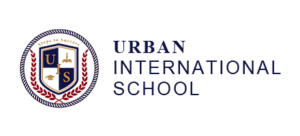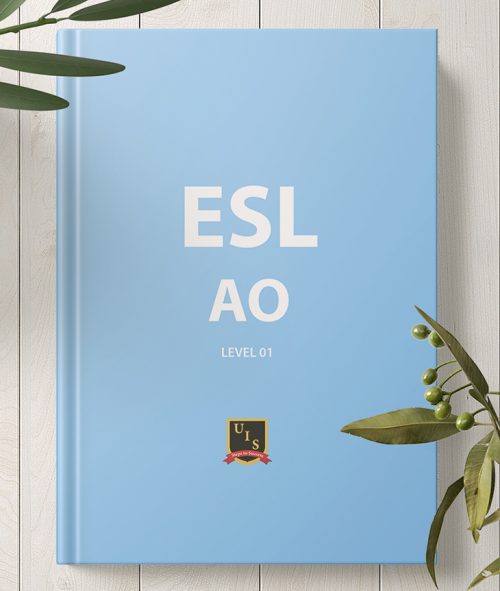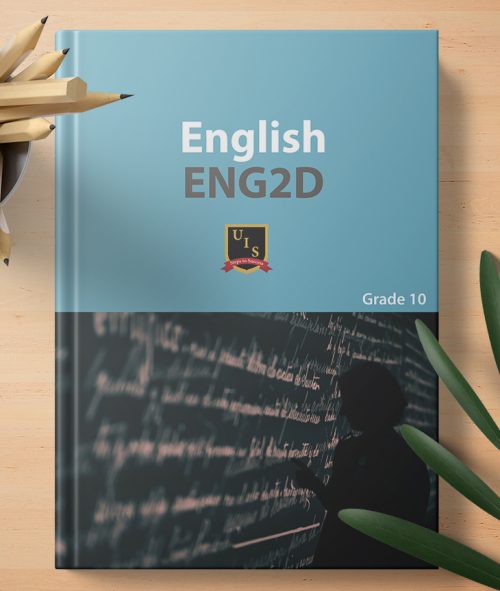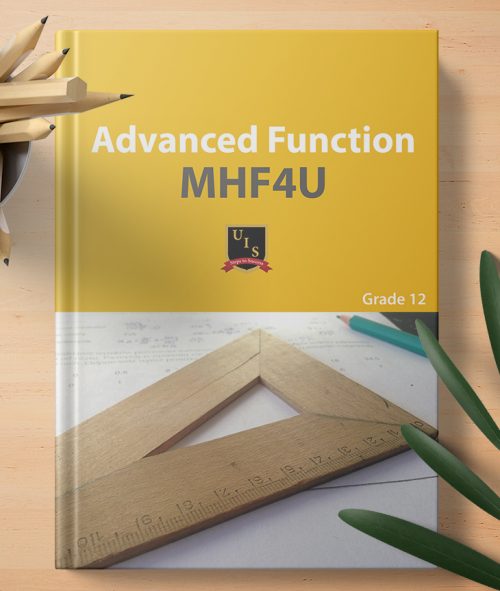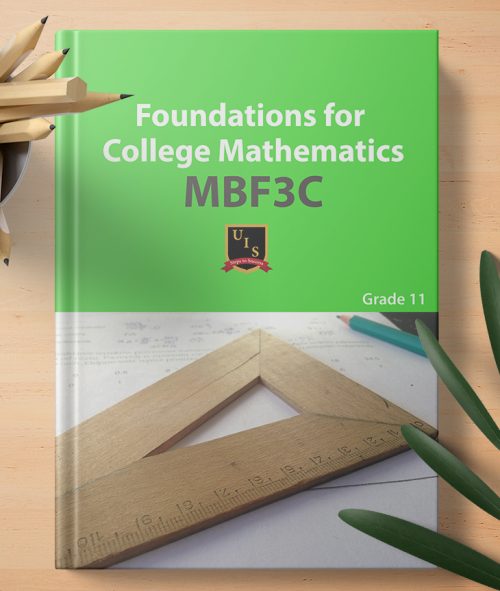This course enables students to develop their understanding of basic concepts in biology, chemistry, earth and space science, and physics, and to relate science to technology, society, and the environment. Throughout the course, students will develop their skills in the processes of scientific investigation. Students will acquire an understanding of scientific theories and conduct investigations related to sustainable ecosystems; atomic and molecular structures and the properties of elements and compounds; the study of the universe and its properties and components; and the principles of electricity.
Science
$1,200.00 CAD
COURSE OVERVIEW
Course Code: SNC1D
Course Type: Academic
Prerequisite: None
Credit Value: 1
COURSE DETAILS
Unit 1: Scientific Investigation Skills/Career Explorations
Students will learn how to do research in a scientific way. We will look at the skills required for scientific investigation and practices (initiating and planning, performing and recording, analyzing and interpreting, and communicating) that will be used to do the other units. We will explore mind maps, various scientific instruments, virtual simulations (if applicable), data collection and presentation. The scientific method will be introduced. Students will analyze and interpret data and be able to create a report.
Unit 2: Biology –Ecosystems
For this unit, we will introduce ecological systems to students. The focus is on ecosystems: characteristics, energy transfer, limiting factors, sustainability and human impacts on sustainability. We will also look at the impact of human activity on ecosystems and how they interact with one another.
Unit 3: Earth and Space Exploration
We will look at different types of celestial objects in the solar system and universe have distinct properties that can be investigated and quantified. We will see if celestial objects can somehow affect lives. From a Canadian perspective, we will examine the Space Station, and careers associated from the Space industry.Use observational evidence of the universe to create scientific theories about the structure, formation, and evolution of the universe.
Unit 4: Chemistry – Elements and Compounds
We will introduce the periodic table to the students and explain a more detailed model of matter in this unit. The will begin to develop an understanding of elements and compounds and identify specific chemical properties and learn how it can be put to practical use. We will look at how the elements and compounds can have both a positive and negative influence in modern day society and also the environment. Opportunities also exist for students to perform inquiries into the chemical and physical properties of common elements found in the periodic table.
Unit 5: Physics–Principles & Cost of Electricity
Students will learn that electricity is a form of energy and how it is derived. The will learn about various circuits (Series & parallel), static and current electricity and the relations between resistance, potential difference, and current. This unit will expose students to both practical and social elements involved in the use of electricity. They will also investigate energy consumption, efficiency, and develop plans to reduce electrical energy consumption in a home or commercial setting.
